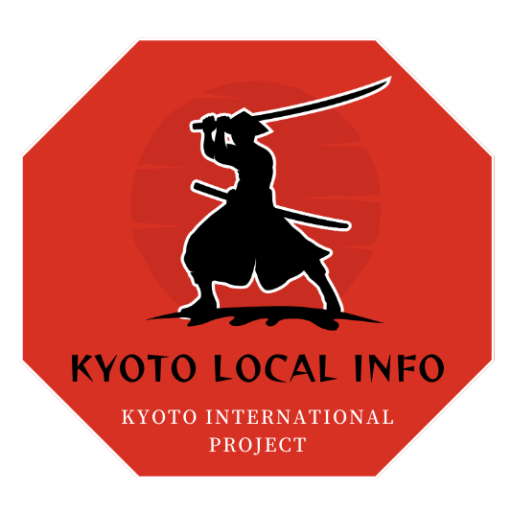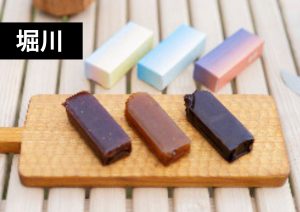Kyoto students and local community development event 'Temple Marche'
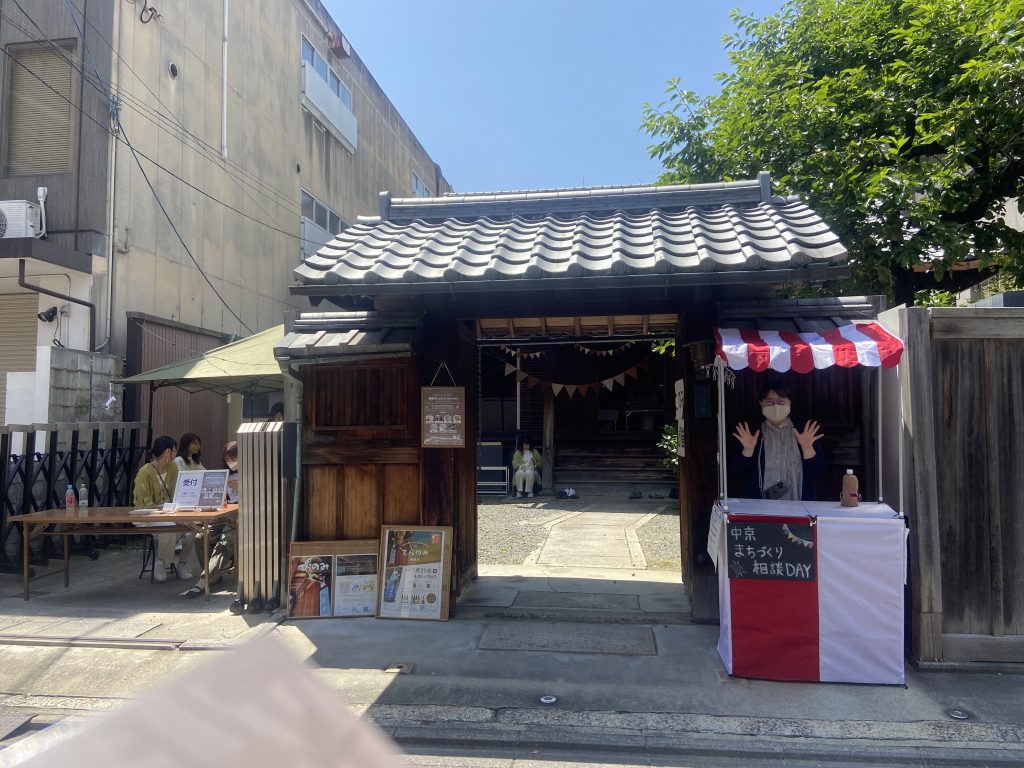
Event report by iroiro kyoto, a Kyoto-based organisation that promotes Kyoto's coffee culture through 'community development activities' led by young people in Kyoto. The report reveals the real picture of the relationship between university students and local community development. At the root of this is the 'attachment to Kyoto' that weaves the links.
iroiro kyoto is a group of young people, mainly university students, who take the initiative in planning and organising events where they can enjoy coffee and other local activities.
The venue, BUTSUGENJI Temple, is a much-talked-about temple that places importance on cooperation with the local community. Under the theme of ' Tomarugi', the temple is actively involved in community development in Nakagyo Ward, aiming to provide a place where people can prepare to take flight, a place to take a break after flying, a place to just relax and unwind, and a place where they can always come back.
At this event, there was also a lot of selling of goods and exhibitions of works by artists, mainly university students, and businesses with shops in Chukyo Ward, as well as coffee sales using coffee beans selected from coffee shops in Chukyo Ward.
Brewing coffee is part of Kyoto's urban development
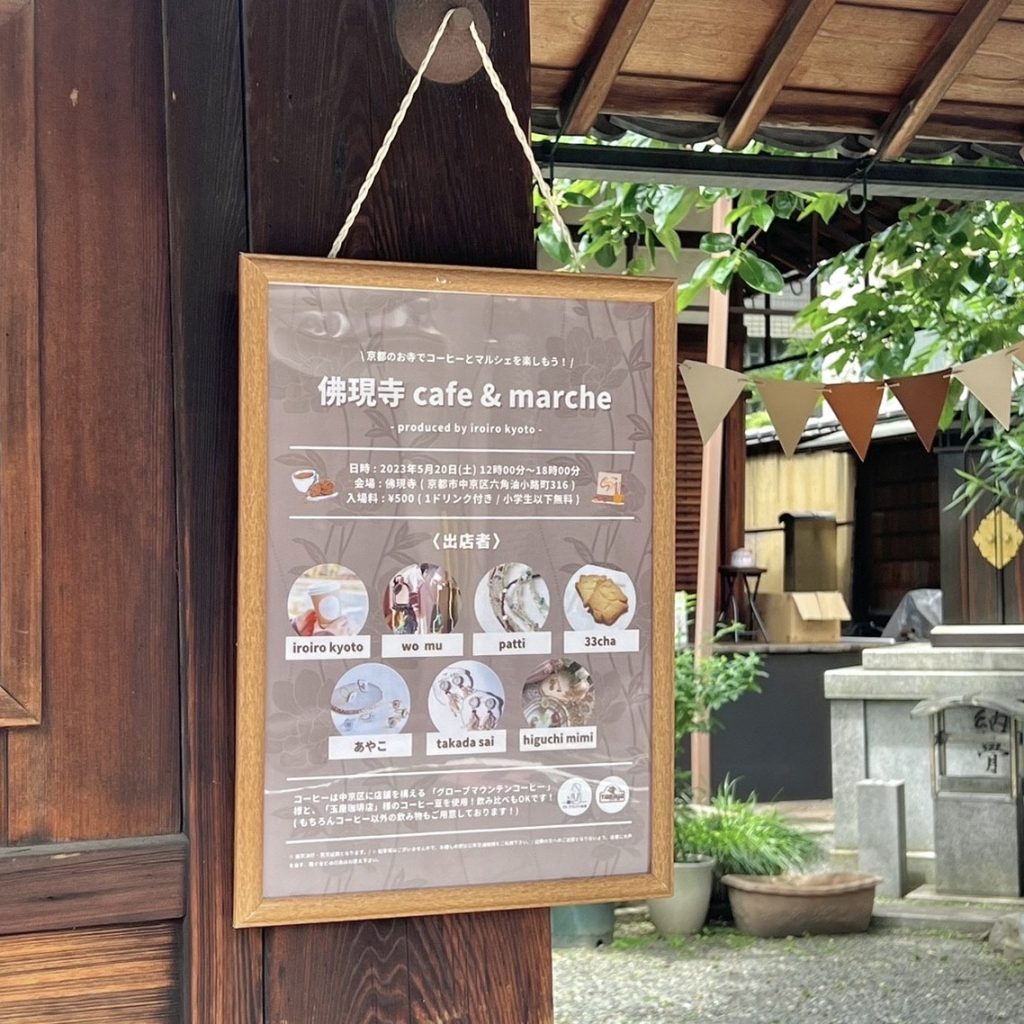
The organisation was founded after visiting the 'Travel Market' organised by the coffee shop 'Travel Sound' in Okazaki Park in March 2021. Mr Otani, the representative, recalls.
At the time, Mr Otani had always loved coffee since he was a university student and had visited many different coffee shops. Around that time, the new coronavirus arrived and she experienced the disappearance of her favourite coffee shops one after another.
He began to wonder: 'What can I do to protect Kyoto's coffee shops and coffee culture?' Is there anything we can do?" she began to think.
Thoughts on the establishment of roiro kyoto
At the 'Travelling Market', there were shops of various genres, not just coffee, and not only did Otani enjoy the event herself, but it was an event open to the community. She was attracted by the fact that it was not just an 'event only for coffee lovers' and took the hint.
Ms Otani wondered, "If people living in Kyoto started to enjoy Kyoto's coffee instead of relying on tourists, wouldn't that make coffee shops and coffee culture more sustainable?" He launched iroiro kyoto with the idea of organising events that could be enjoyed by people who don't like coffee.
Otani: "Our organisation is mainly made up of young people from Kyoto, but in the first year, we only had Instagram as our only tool to attract customers, and we had no connections with local people, so we had to organise it ourselves at first.
Gradually, people gradually began to show up, but we began to wonder whether the event was open to the community and what the organisation should be like.
While feeling the challenges, from the winter of 2022 to the spring of this year, they actively opened stalls at local events, started a Facebook page and continued to visit places where they could interact, in an attempt to get involved with the local community.
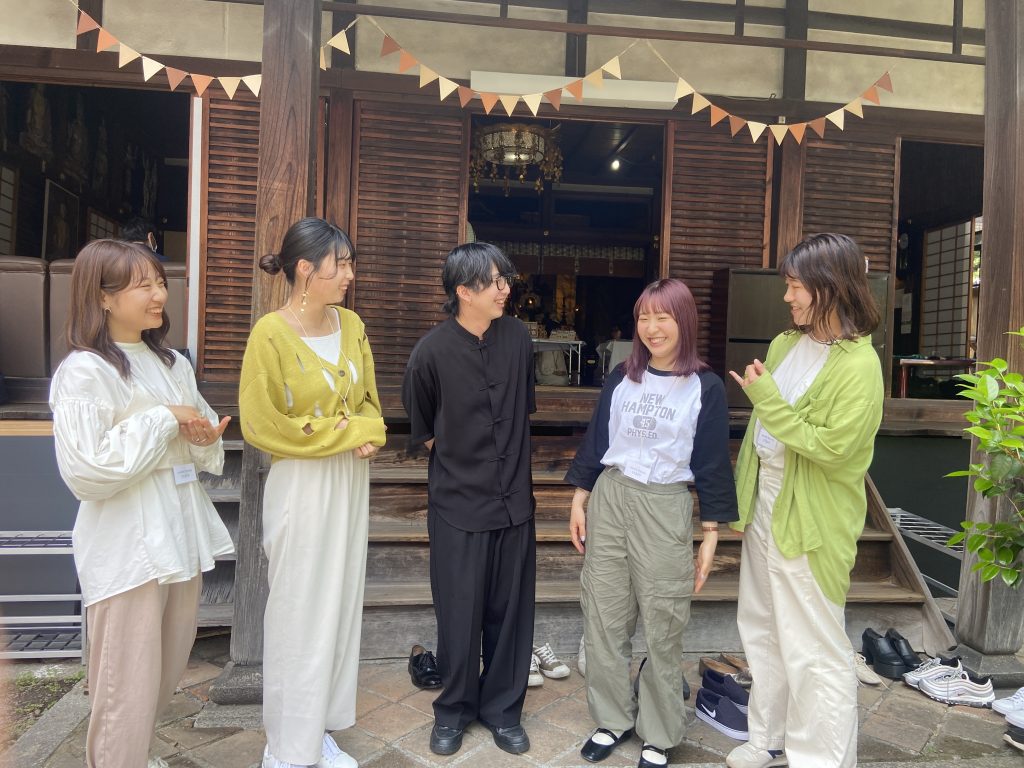
iroiro kyoto, a student organisation that started out as a grassroots group, finally began to establish links with the local community and gained confidence that it could now organise events for young people, local people and everyone else, leading to the organisation of the Temple Marché.
Why coffee?
Coffee' as a communication tool. It is an opportunity for the younger generation to become aware of the attractions of Kyoto and the sense of everyday life that is not found in the culture, history and traditional arts that are considered to be Kyoto's attractions.
Kyoto has many cafés, and it is easy to develop events for young people using the refurbished machiya locations as a starting point. They can also communicate over a cup of coffee. The owners of small, home-roasted coffee shops in Kyoto, whom we call on for events, are honestly delighted." Mr Ohtani values the connections with local coffee shops that share the organisers' aspirations.
Ms Otani: "I want people who don't like coffee to drink it. The events trigger them to like it. I hope to be a conduit for them."
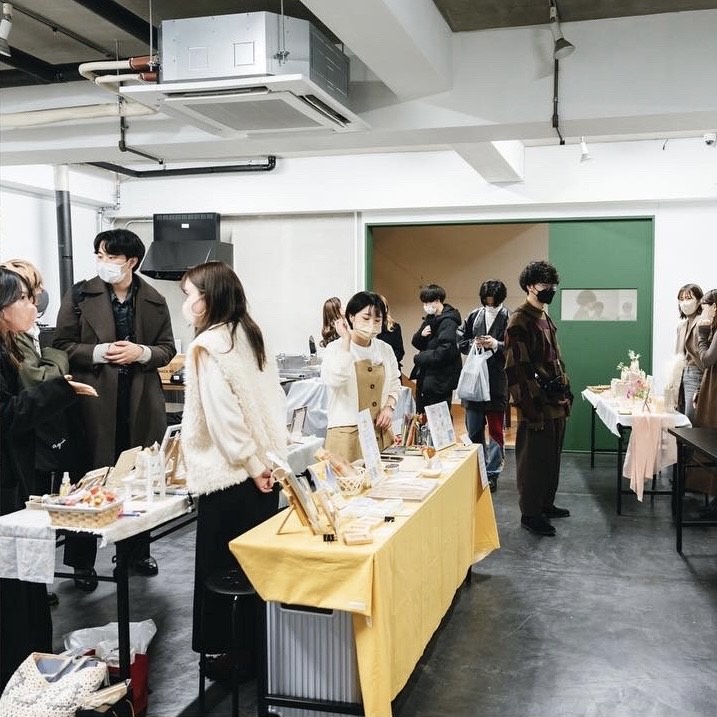
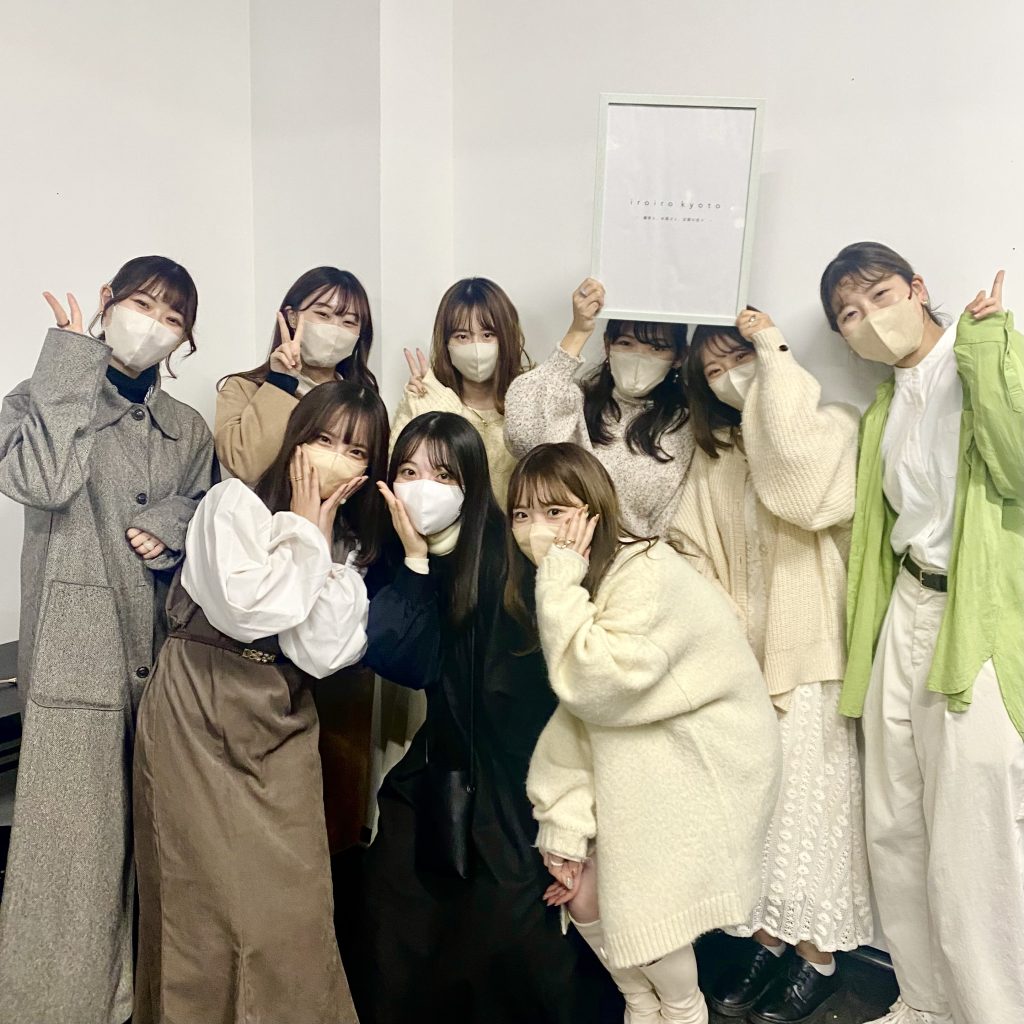
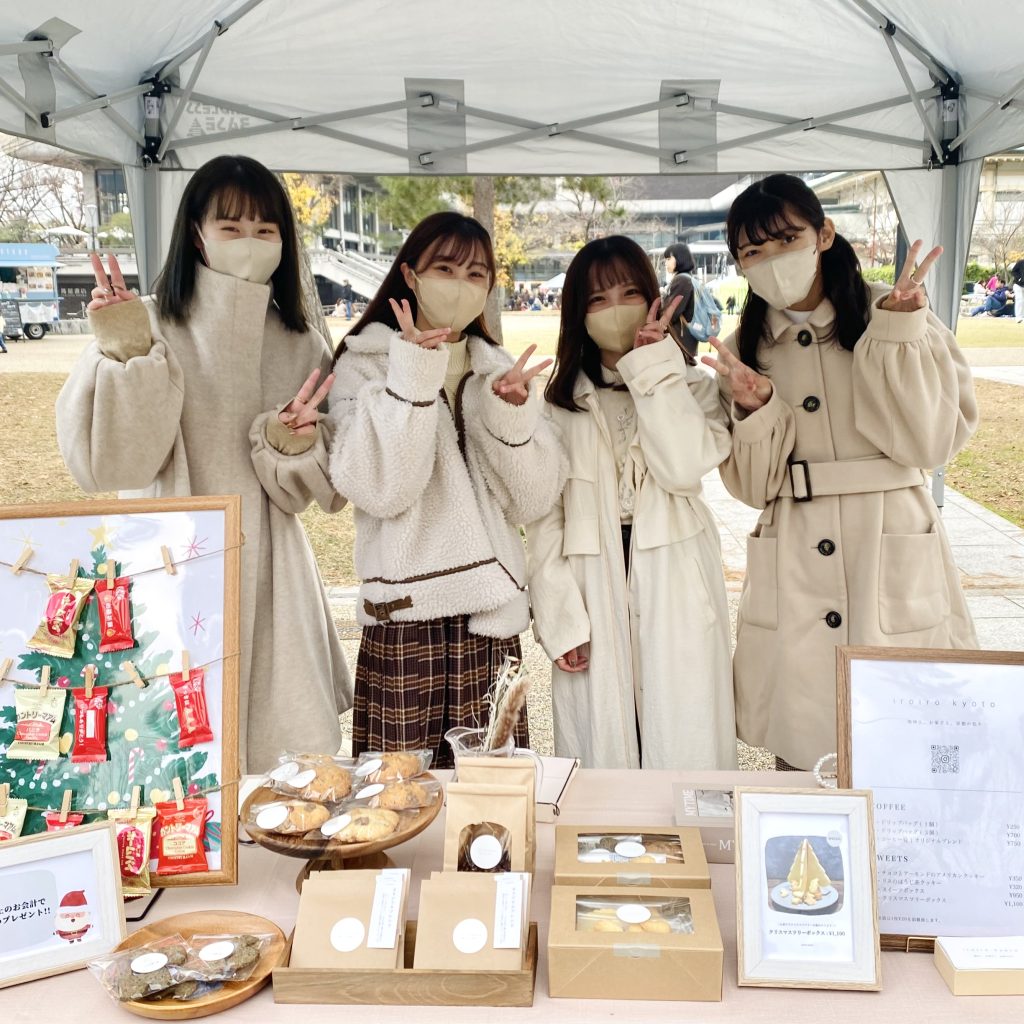
Mr Otani says: "The most important thing is to make Kyoto more exciting. At the root of it all is that I love the city of Kyoto.
There are many young people who leave after graduating from university, but I think that if they don't have a successful experience in a town at the beginning of their first or second year of university, they don't feel attached to that place. I want to contribute to that part of the community.
'It is possible to incorporate an organisation with a purpose, but I'm not interested in being the president (laughs). I feel like I'm being controlled by the charm of Kyoto. Ideally, I would like to create a shop or select shop where, if you go there, you can meet Kyoto's products, like an antenna shop of Kyoto.
Significance of the temple event 'Butsugenji'
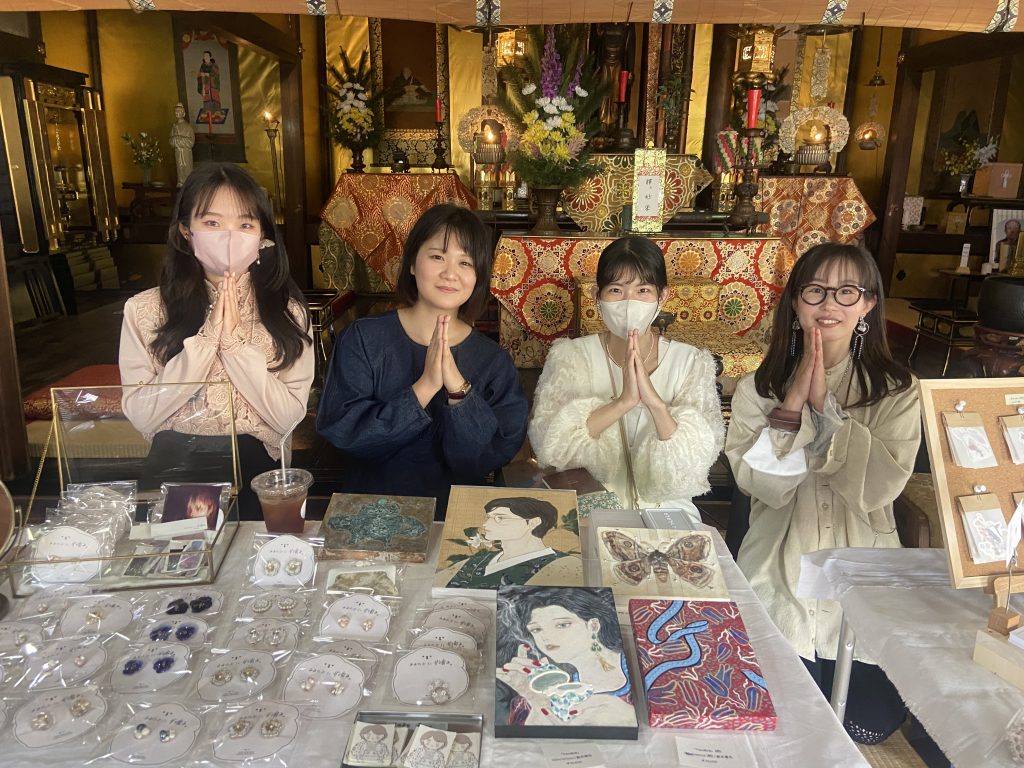
This year, a handmade marché was also held simultaneously in the precincts of the temple, and many of the stalls were run by university students. The stall holders all say that "being able to see artwork and handmade goods is a 'connection with society '".
Mr Takada from Kyoto City University of Arts says: "Students at art universities have a strong closed image, like people with closed ideas. I think they should be more open. Nowadays, art universities are also allowing the general public to enter their cafeterias. From now on, I want to be aware of connections."
Mr Morishita from the same university also says: "I have opened stalls at events and have been involved in exhibition activities on an individual basis. I also volunteer as a portrait artist and at children's centres to connect with society. Temples are very unusual because you can't usually just drop in. The image of temples has changed," she says.
Ms Ohkari of P.O.D., a second-hand clothing shop in the Sanjokai shopping arcade, opened a stall with handmade earrings. 'A temple marché was very unusual for me. Temples are relaxing, and you can talk with visitors in a relaxed and unhurried way. It's a great opportunity to meet lots of artists in a fresh atmosphere.
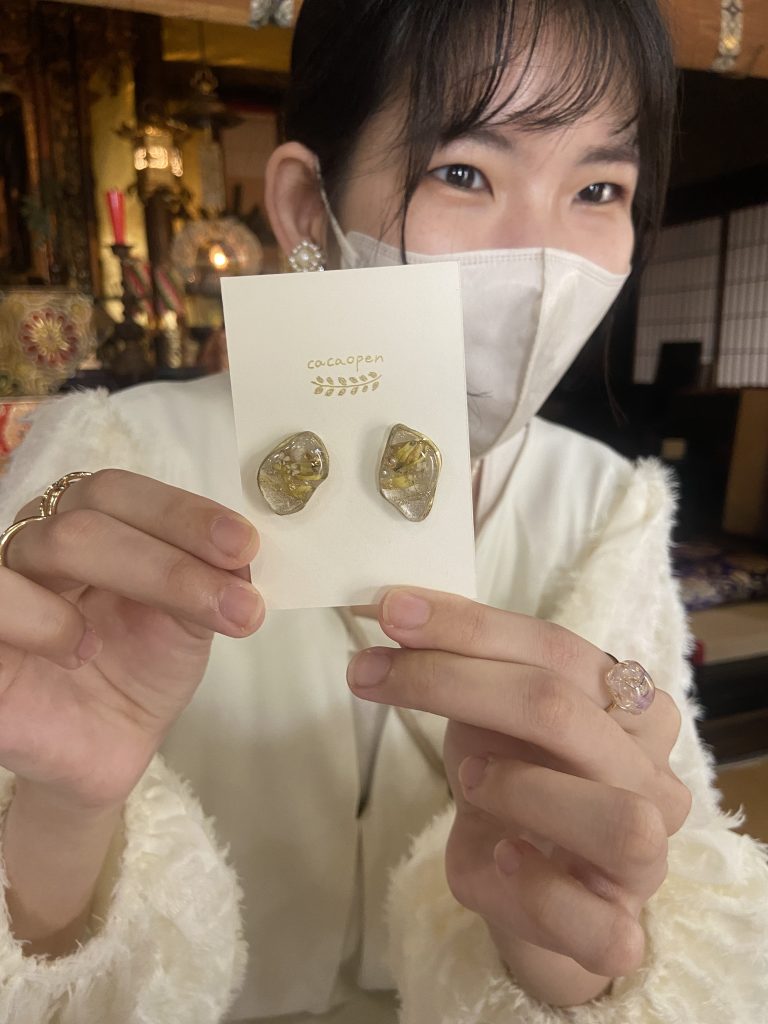
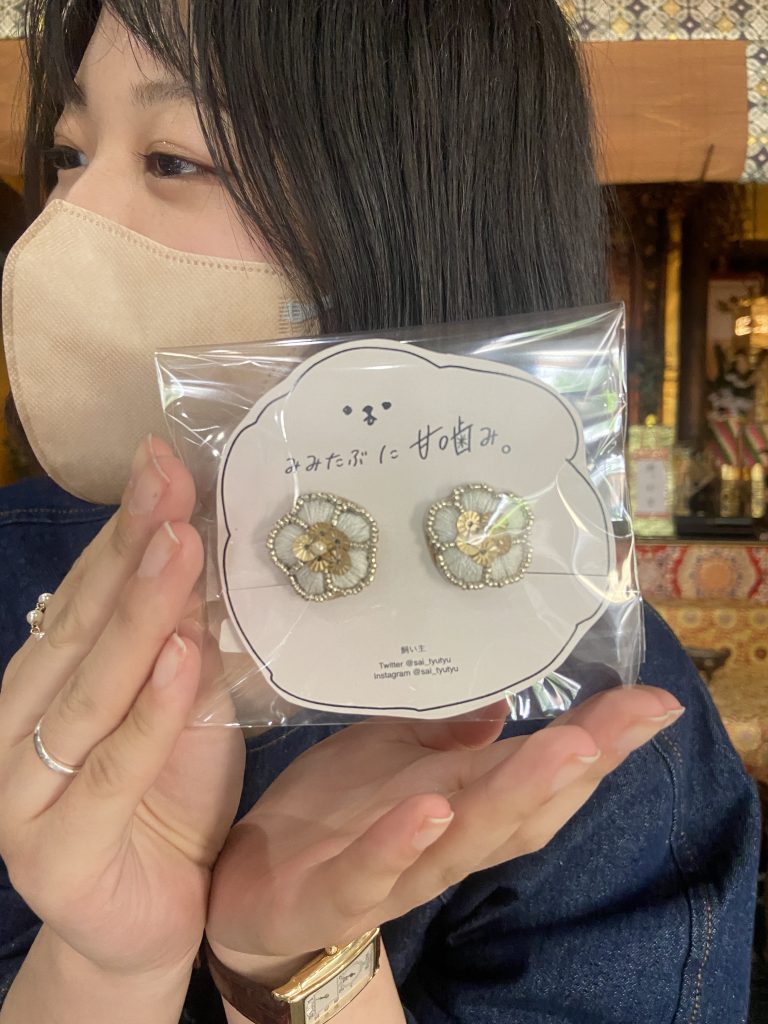
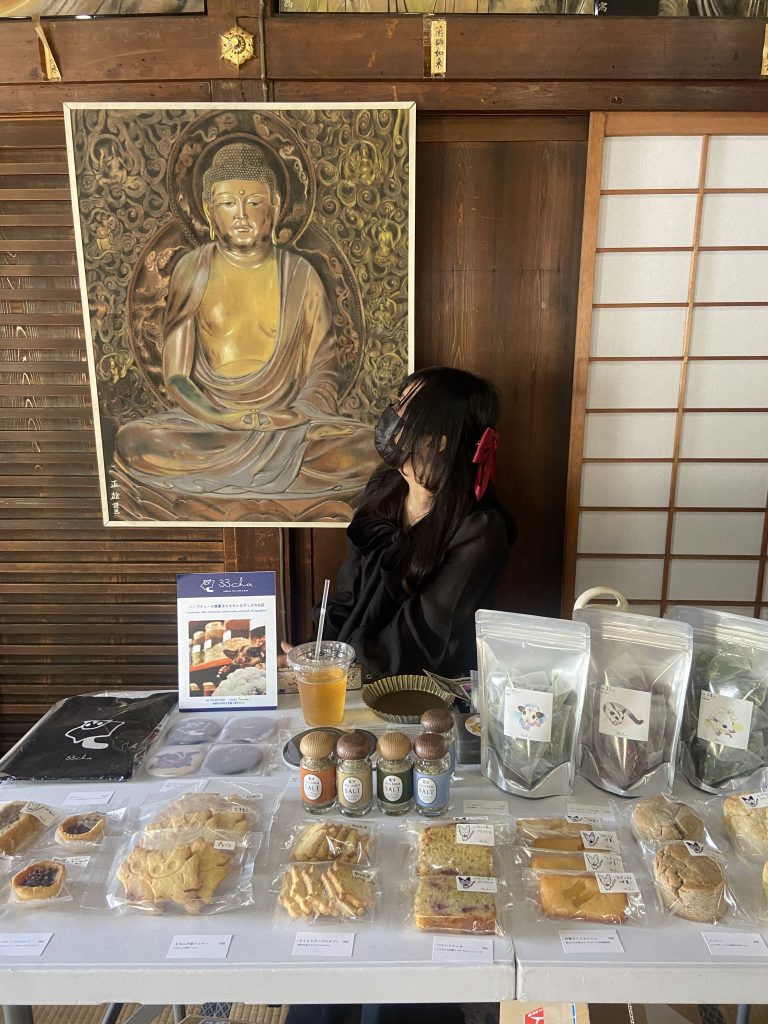
'Tomariki' Butsugenji
We also spoke to Mr Yurikoji, deputy chief priest of BUTSUGENJI Temple, which held the first-ever temple marché. iroiro kyoto Mr Otani met Mr Yurikoji at a mutual acquaintance's event and became interested in this activity. She sympathised with Mr Otani's idea that it would be great if university students in Kyoto had a place where they could give shape to what they love, and "felt a similarity to the philosophy behind our 'Tomarugi' activities".
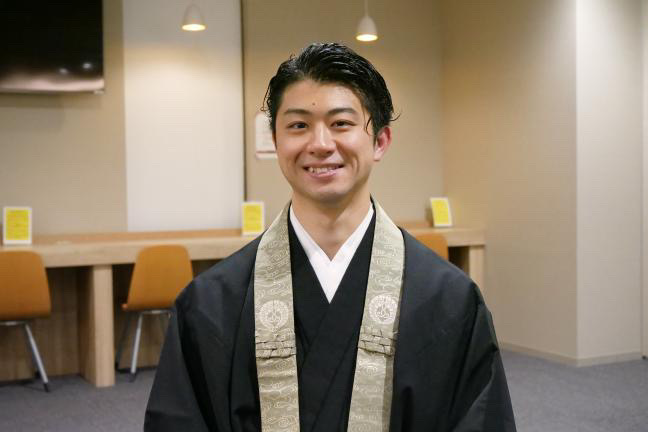
Mr Aburakouji: "There are so many different kinds of people who come to the temple. Some come to relax, others to make a vow to do their best. They spend their time with various thoughts in their minds. By being involved with others, they become aware of things they couldn't notice on their own, and a good relationship is created where they can improve each other. Temples are neither a private nor a governmental institution, but a fluffy entity. I think there is something we can do from such a position.
'We are a temple in a residential area of Horikawa. For example, Mibudera Temple is a famous temple in the same residential area, but we don't have a very splendid hall. However, I think we have a lively local scene in the back alleys. I would be happy if people know that even small 'town temples ' are doing this kind of activity".
I believe that chanting sutras is not the only part of Buddhism, and that visiting a temple itself has a great meaning".
We are also planning an event to drink with the local people called 'I want to do something!
Mr Aburakouji: "I want to do something! So we started running it last year. I want to be a 'colourful temple ' that engages with the local people in various ways, even though our philosophy is to be a 'Tomarugi'.
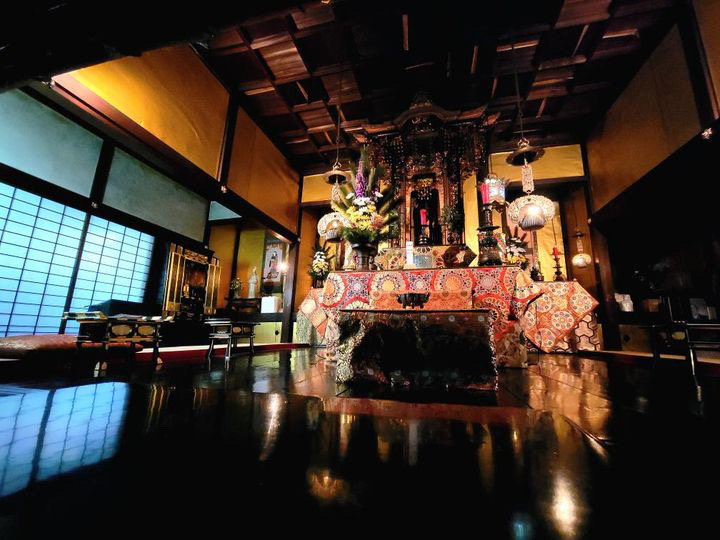
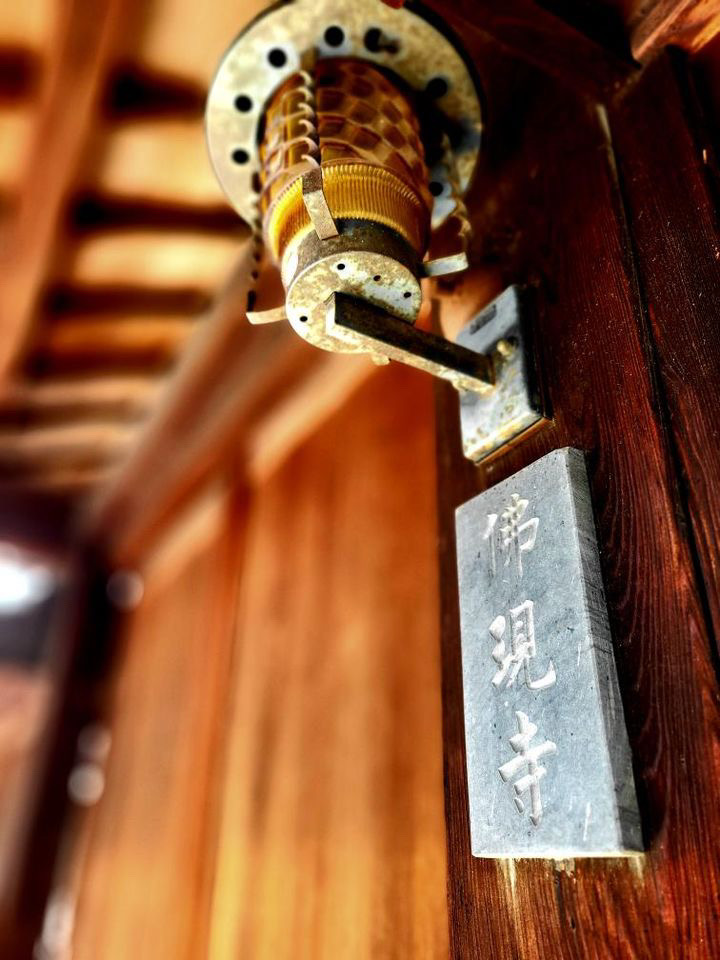
Town events are linked to the SDGs
Firstly, for "iroiro kyoto", it creates a sense of attachment to the area and gives students a chance to take on new challenges. Secondly, for the local entities involved in the event, the encounter with a new group of young people enlivens the event site. And for the event participants, it is a chance to discover a 'new Kyoto' from a different perspective, which is what town events are all about.
A town event shines when the event organisers and the place where the event is held have 'solid thoughts' in mind. Town events" that are deeply rooted in the local community are truly SDG-conscious initiatives, and will lead to the realisation of a sustainable society.
It was a day of thinking about the future of 'Kyoto Town' as I sat in the precincts of a temple I hadn't visited in a while, talking with participants and stall holders.
Author Profile

-
A U-turn girl who was supposed to emigrate to Canada. She continues to search for the excitement of her hometown. Does her laundry at the laundromat every day. My weakness is that I am not good at reading the atmosphere and dislike housework.
I am a coffee shop owner who started a band at the age of 40:)
Latest entries
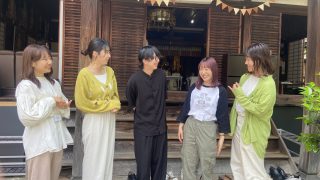 event2023-06-09Kyoto students and local community development event 'Temple Marche'
event2023-06-09Kyoto students and local community development event 'Temple Marche' trivia2023-04-06I found a catering robot in a nearby family restaurant
trivia2023-04-06I found a catering robot in a nearby family restaurant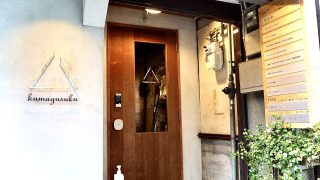 local shop2022-11-19Antique small-scale art complex near Omiya Station, Kyoto
local shop2022-11-19Antique small-scale art complex near Omiya Station, Kyoto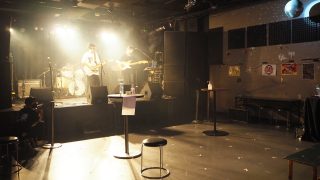 local shop2022-10-23Live music club at Nijo Station, Kyoto: 'A musical hub aimed at cultivating young talent'
local shop2022-10-23Live music club at Nijo Station, Kyoto: 'A musical hub aimed at cultivating young talent'
